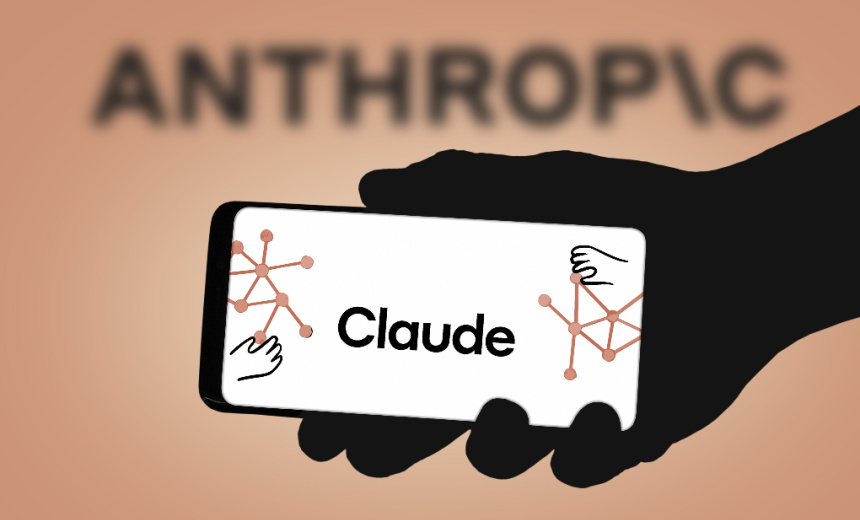Artificial Intelligence & Machine Learning
,
Next-Generation Technologies & Secure Development
Claude 3.7 Sonnet Can Give Rapid or Deliberate, Complex Answers to Prompts

Anthropic introduced a new artificial intelligence model designed to adapt its reasoning time based on user preferences. Marketed as the industry’s first “hybrid AI reasoning model,” Claude 3.7 Sonnet aims to deliver rapid responses and more deliberate, complex answers to prompts.
See Also: The Comprehensive Guide to Cloud Security and SOC Convergence
Unlike traditional AI models that require users to choose between different versions based on speed, accuracy or cost, Claude 3.7 Sonnet is aimed at streamlining the process. Users can toggle the model’s “reasoning” abilities, allowing it to “think” for either a short or extended period before responding.
Anthropic’s approach contrasts with the model-picking interface common in AI chatbots today. While the company touts this as a user-friendly shift, giving users control over reasoning time may introduce uncertainty about response reliability and computational costs.
Claude 3.7 Sonnet is rolling out to all users and developers, but its full capabilities are restricted to paying subscribers. Free-tier users will only access a non-reasoning version of the model. At $3 per million input tokens and $15 per million output tokens, Claude 3.7 Sonnet is priced higher than competitors like OpenAI’s o3-mini and DeepSeek’s R1.
Claude 3.7 Sonnet is Anthropic’s first foray into explicitly structured AI reasoning, an area where competitors including OpenAI, Google and xAI have been making strides. Reasoning-focused models aim to improve response accuracy by breaking down complex problems into smaller steps. While this approach has shown promise, it also demands greater computational power.
Anthropic is focusing on a future where Claude models will automatically determine the optimal reasoning time, removing the need for users to set parameters. The company introduced a “visible scratch pad” feature, allowing users to observe parts of the model’s thought process. Some portions may be redacted for trust and safety reasons, leaving users with an incomplete picture of how decisions are made (see: AI Hijacked: New Jailbreak Exploits Chain-of-Thought).
Anthropic claims that Claude 3.7 Sonnet excels in real-world applications, particularly coding and agentic tasks. In benchmark tests, the model outperformed OpenAI’s o3-mini on SWE-Bench, a coding accuracy test, and TAU-Bench, which measures AI interaction with external APIs. While these results suggest competitive performance, independent evaluations could be more reliable in verifying the model’s real-world effectiveness.
The company also says that the model refuses to answer questions 45% less frequently than its predecessor, Claude 3.5 Sonnet. While this could enhance usability, it also raises concerns about whether the model’s safety guardrails remain robust enough to prevent misuse.
